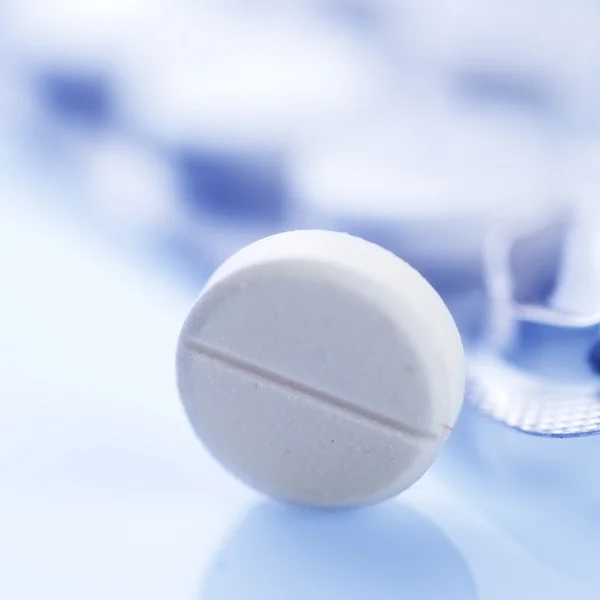A new study has found that certain migraine medications are more effective than ibuprofen for treating migraine attacks. The study, which was published in the journal Neurology, used data from nearly 300,000 people who used a smartphone app to track their migraines and medications.
Researchers found that triptans, ergots, and anti-emetics were all more effective than ibuprofen. Triptans were five times more effective than ibuprofen, ergots were three times more effective, and anti-emetics were two and a half times more effective.
When looking at individual medications, the top three were eletriptan, zolmitriptan, and sumatriptan. Eletriptan was six times more effective than ibuprofen, zolmitriptan was five and a half times more effective, and sumatriptan was five times more effective.
Researchers also found that a common combination of medications used to treat migraine, aspirin, acetaminophen, and caffeine, was 69% more effective than ibuprofen.
The study’s authors say that their findings could help people with migraine find more effective treatments. They also encourage people to talk to their doctors about their migraines and the best treatment options for them.

RELATED: 11 Foods You Eat In Your Diet That Trigger Migraines
Additional Points to Note:
- The study was limited by the fact that evaluations of medications could be influenced by a user’s expectations of the medication or the dosage they took.
- Newer migraine medications, gepants and ditans, were not included in the study due to the low amount of data when the study was conducted and lack of availability in many countries.
Further Insights:
The study’s findings have significant implications for the treatment of migraine, a debilitating condition that affects millions of people worldwide. By highlighting the superior efficacy of triptans, ergots, and anti-emetics over ibuprofen, the study provides valuable guidance for clinicians and patients alike.
For patients struggling to manage their migraines with ibuprofen, the study offers hope and encouragement. With a range of more effective treatment options available, there is a greater likelihood of achieving relief and improving quality of life.
Moreover, the study underscores the importance of open communication between patients and their doctors. By discussing individual treatment experiences and preferences, patients can work collaboratively with their healthcare providers to determine the most suitable migraine management strategy.
In conclusion, the study represents a significant advancement in understanding and treating migraine. Its findings have the potential to revolutionize migraine care, empowering patients to take control of their condition and reclaim their well-being.
DON’T MISS: Reason For Migraine: These 3 Research-Backed Foods Could Be The Cause Of Your Headache









